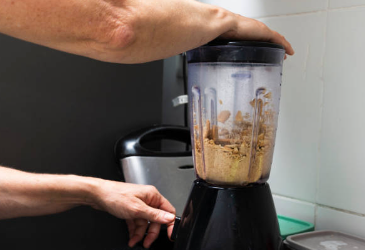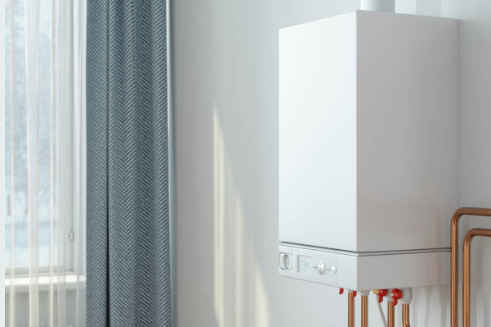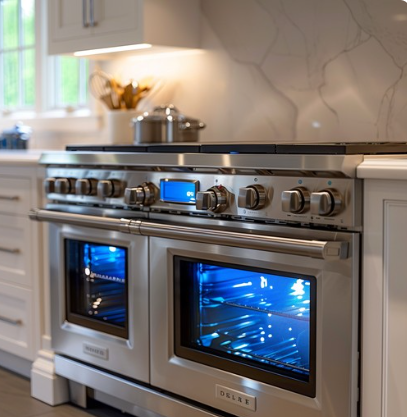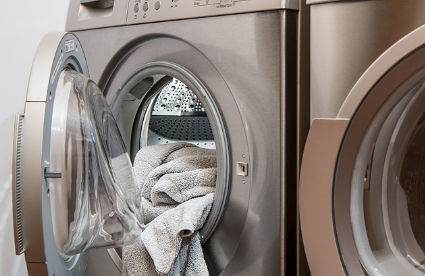A blender is a kitchen appliance used for mixing, puréeing, or emulsifying food and other substances. Blenders are commonly used for making smoothies, soups, sauces, and various other culinary creations. It works by chopping, grinding, pureeing, and combining food ingredients together, into a liquified product.
Sometimes pounding can be quite difficult and time-wasting, but with a blender, you can prepare meals faster. Using a blender to speed up your meal preparation is exactly what you need when time is of the essence. Blenders are capable of preparing foods and beverages instantly, and that is why you should pay more attention while reading this article to carefully examine the available knowledge about blenders, and the price in Nigeria.
Types of Blenders and their Features
There are several types of blenders, each with its own features and best uses. Let’s explore them:
- Hand Mixers (Handheld Blenders):
- Electric versions of old-fashioned eggbeaters.
- Great for baking and desserts due to variable speeds and multiple attachments.
- Lightweight and easy to clean.
- Not suitable for heavy dough.
- Brands: KitchenAid, Cuisinart, Hamilton Beach.
- Immersion Blenders (Stick Blenders):
- Handheld sticks with a chopping blade and safety guard.
- Ideal for blending soups and hot liquids.
- Interchangeable terms with no real difference between “immersion” and “stick” blenders.
- Countertop Blenders:
- Powerful blenders for various tasks.
- Suitable for smoothies, sauces, and more.
- Examples: Vitamix, Blendtec, Ninja.
- Single-Serve Blenders:
- Compact blenders for personal use.
- Perfect for making single portions of smoothies or shakes.
- Brands: NutriBullet, Magic Bullet.
- Commercial Heavy-Duty Blenders:
- Designed for professional kitchens.
- High power and durability.
- Used in restaurants, cafes, and bars.
- Examples: Blendtec Commercial, Waring Commercial.
- Specialty Blenders:
- High-end blenders with specific features.
- Examples: Nut Butter Blenders, Soup Blenders.
Prices of Blender in Nigeria
Blender prices in Nigeria can vary depending on the brand, model, and features. Here’s a general overview of the current prices as of June 2024:
- Binatone Blenders: Prices range from ₦17,000 to ₦40,000 depending on the model and capacity. For example, a basic Binatone blender might cost around ₦17,000, while more advanced models with additional features can cost up to ₦40,000.
- Philips Blenders: These blenders are priced between ₦25,000 and ₦70,000. Basic models start at ₦25,000, while high-end models with multiple functions and larger capacities can go up to ₦70,000.
- Kenwood Blenders: Prices range from ₦15,000 to ₦80,000. Entry-level models are available at around ₦15,000, whereas more sophisticated blenders with advanced features are priced as high as ₦80,000.
Note, that these prices can fluctuate based on factors such as location, store, and any ongoing promotions or discounts.
Factors to Consider Before Buying A Blender
When choosing a kitchen blender, there are several important factors to consider:
- Size: Blenders come in various sizes, ranging from 3 to 14 cups. Consider your storage space and usage needs. If you have limited space, a compact, single-serve blender might be ideal. For meal prep or larger gatherings, opt for a family-size blender.
- Speed and Power: Look for blenders with 3 to 10 speed settings. Having a pulse button is essential. As for power, 500 watts is generally sufficient for everyday tasks like smoothies and milkshakes.
- Attachments: Some blenders offer additional attachments. Personal cups allow you to blend individual servings, while sharper blades can turn your blender into a food processor. You can even find blenders with built-in coffee grinders.
- Price: Assess your budget and needs. Quality blenders are available at various price points. Splurge-worthy options include professional-grade blenders, while budget-friendly choices exist as well.
Remember, finding the right blender depends on your specific requirements.
Read posts on:





